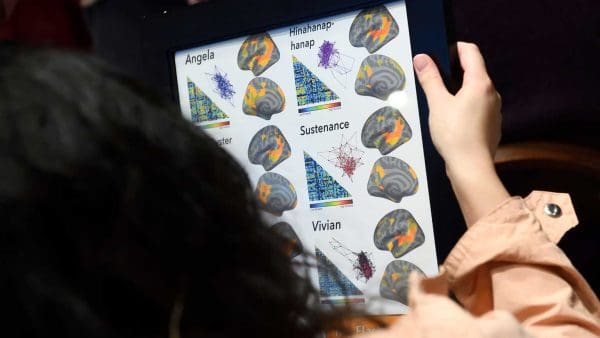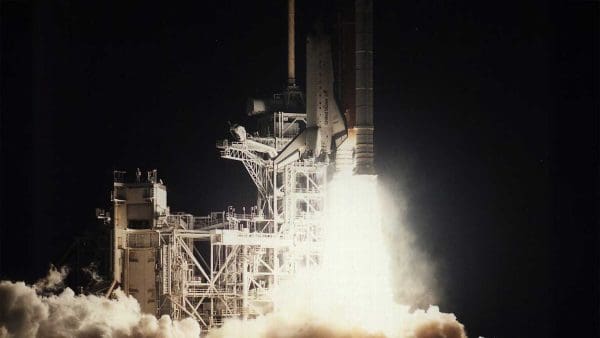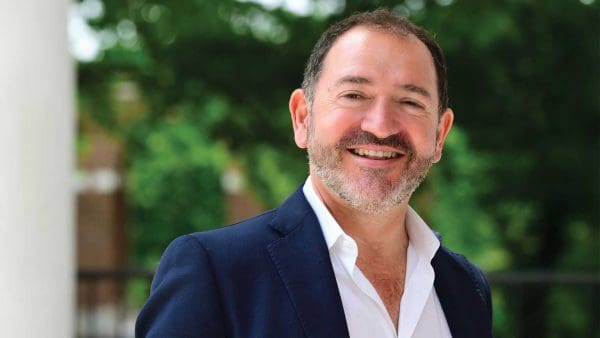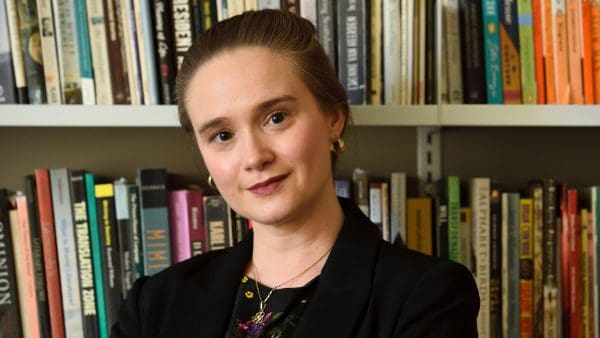This has been a banner semester for the Krieger School’s Department of Physics and Astronomy, as several of its faculty members have received major grants and awards.

Launched in 2012, the program provides support to outstanding scientists, enabling them to conduct long-term studies of fundamental questions. The awards are given to mathematicians, theoretical computer scientists, and theoretical physicists such as Kamionkowski.

Ménard will use the fellowship to advance his work in statistical analyses of large astronomical data sets and the study of galaxy formation and cosmology. His work has led to the detection of gravitational magnification by dark matter around galaxies, the discovery of tiny grains of dust in the intergalactic space, and a better understanding of how light rays propagate throughout the universe.

An experimental condensed matter physicist, Broholm is interested in anomalous forms of magnetism, superconductivity, and their interplay. Of particular interest are crystalline materials where quantum effects are enhanced on account of competing interactions (frustration) or low dimensionality. The main experimental tool is neutron scattering, and Broholm has a long-standing involvement in development of the corresponding instrumentation.
Jens Chluba, an associate research scientist in the department, has been named one of the 43 new Royal Society University Research Fellows. The University Research Fellowship is a competitive award that provides outstanding researchers with the opportunity to build an independent research career. The award recognizes Chluba’s central contributions to cosmology and in particular his studies of physical phenomena that can be probed with the cosmic microwave background. Chluba’s five-year fellowship at the Institute of Astronomy at Cambridge University will begin in January. He will investigate CMB spectral distortions as a new probe of early-universe physics.
“We are proud to have these accomplished scholars as our colleagues,” says Daniel Reich, chair of the physics and astronomy department. “These awards are a reflection of the many accomplishments they have made in their respective fields. Being recognized in this way also demonstrates the broad range of expertise that is so characteristic of our department.”




